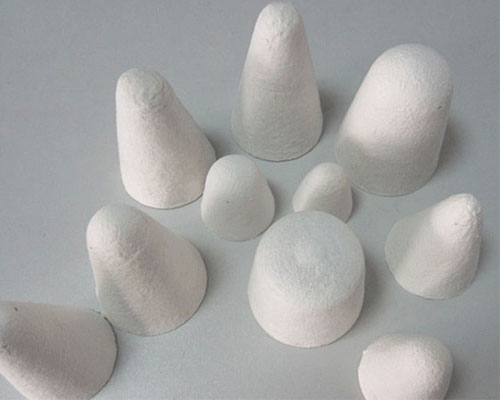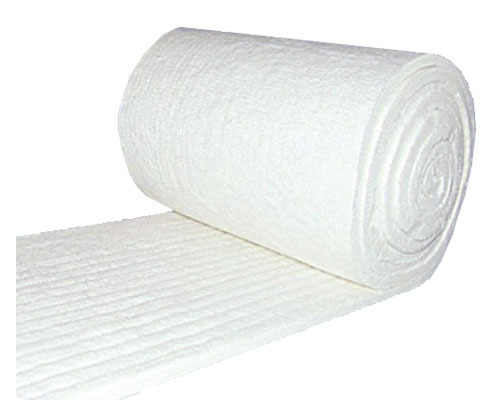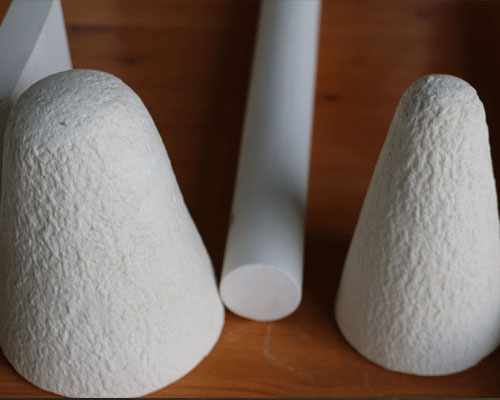Refractory materials are the basic materials for high-temperature industries. The application fields of refractory products include steel industry, cement industry, non-ferrous metal smelting process and glass industry.
What Is Refractory Products?
Refractories, according to international standards, refer to non-metallic materials whose chemical and physical properties are stable, and use in high-temperature environments. The US standard definition of refractory materials: according to its chemical and physical properties, it can be made into non-metallic materials for structures and devices at temperatures exceeding 1000 ° F. According to Japanese standards, refractory materials are defined as shaped refractory materials that use at temperatures above 1500 ° C, as well as unshaped refractory materials with a maximum service temperature of 800 ° C or higher.
AdTech offers refractory ceramic foam filter, vacuum-formed refractory shapes, and other refractory products.

Refractory Material Types
There are various classification methods for refractory products. According to their chemical properties, they divide into three categories: acid refractory materials, alkaline refractory materials and neutral refractory materials.
According to the main mineral chemical composition of refractory materials, it includes silicon refractory materials, aluminosilicate refractory materials, carbon composite refractory materials, high aluminum refractory materials, chromium refractory materials, zirconium refractory materials, etc.
According to the form of supply, it can divide into two types of shaped and unshaped refractory materials.

According to the different refractories, it includes ordinary / advanced / super grade / super refractory materials. The temperature resistance of 1580 ~ 1770 ℃ is ordinary refractory materials, the advanced refractory materials can withstand high temperatures of 1770 ~ 2000 ℃, and the temperature resistance of 2000 ~ 3000 ℃ is Super-grade refractories, those above 3000 ℃ are super refractories.
According to the volume density classification, it can also divide into light / heavy refractories.
According to the different classification of nature and size, it can be divided into standard type, general type, special type and special type refractories.

